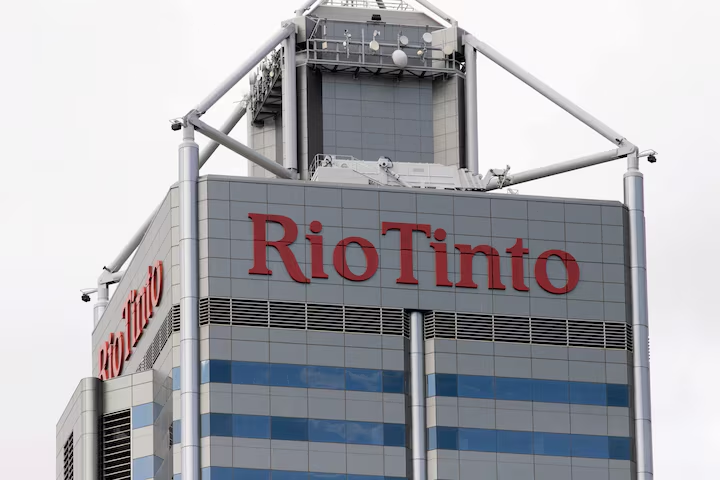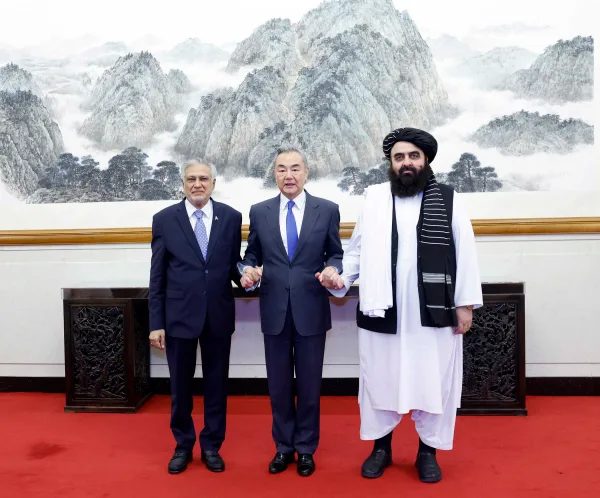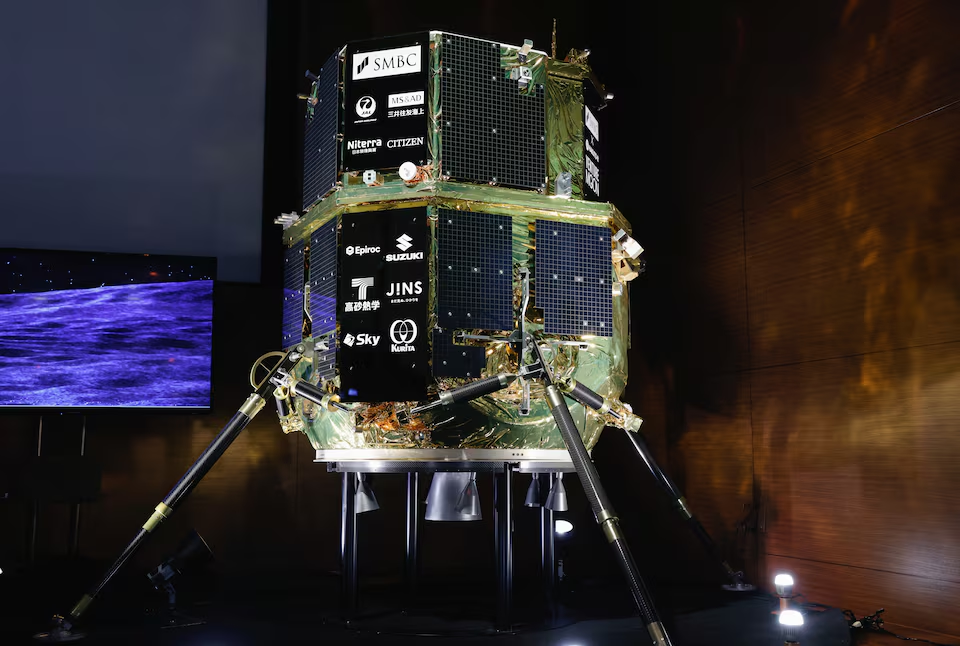Argentina has approved a massive $2.5 billion lithium mining project by global mining giant Rio Tinto, the country’s mining secretariat confirmed on Tuesday, May 20, 2025. The project, set to be developed in the province of Salta, aims to bolster Argentina’s role in the global energy transition and will significantly expand the country’s lithium output over the next decade.
The new mine, called the Rincón Lithium Project, will become one of the largest in South America. Once fully operational, it is expected to produce approximately 50,000 tonnes of lithium carbonate annually, a critical input for electric vehicle (EV) batteries and renewable energy storage systems.
“This investment confirms Argentina’s growing global relevance in the lithium market,” said the Mining Secretariat in a statement. “It reflects confidence in our natural resources, legal framework, and commitment to sustainable development.”
Strategic Importance for the Global Lithium Supply Chain
The project is part of Rio Tinto’s broader strategy to expand its footprint in critical minerals, including lithium, copper, and rare earths — all of which are central to the decarbonization of energy systems. The company initially acquired the Rincón project in 2022 for $825 million and has since carried out extensive feasibility studies and environmental assessments.
The mine will use direct lithium extraction (DLE) technology, which is considered less water-intensive and more environmentally friendly than traditional evaporation ponds. This is a crucial factor in the arid Andean region, where water scarcity and Indigenous rights have become central to mining debates.
Argentina’s Lithium Boom
Argentina sits at the heart of the “Lithium Triangle”, along with Chile and Bolivia, home to over half the world’s lithium resources. However, Argentina has historically lagged behind Chile in production. The approval of the Rio Tinto project — along with several other ventures by companies like Ganfeng Lithium, Livent, and Allkem — marks a turning point in the country’s strategy to scale up output and attract global investment.
Argentina’s new government under President Javier Milei has prioritized foreign direct investment, deregulation, and the expansion of extractive industries to boost exports and stabilize the country’s fragile economy. The government says it expects mining exports to double by 2030, largely due to lithium.
“This is a win for Argentina’s economic future,” said Energy Minister Eduardo Rodríguez. “We’re ready to become a key partner in the global green energy supply chain.”
Environmental and Social Concerns
Despite the enthusiasm, activist groups and local Indigenous communities have voiced concern about the project’s potential environmental and social impacts. Critics argue that the long-term effects of lithium extraction on groundwater and ecosystems remain uncertain, even with DLE technology.
The government said the project will be subject to ongoing environmental monitoring, and Rio Tinto has pledged to engage local communities, respect land rights, and invest in infrastructure and education in the region.
“We are committed to responsible mining and building trust with the communities where we operate,” a Rio Tinto spokesperson said.
Market Outlook
Global demand for lithium is expected to quadruple by 2030, driven by the EV market, energy storage, and policy mandates around the world. With the approval of this project, Argentina strengthens its position as a major player in the critical minerals race, competing with Australia and China.
Investors responded positively to the news. Rio Tinto’s shares saw a modest uptick on Tuesday, and analysts see the project as a strategic hedge against future lithium shortages.
As the green energy transition accelerates, the Rincón project underscores a broader geopolitical shift — where resource-rich nations like Argentina are becoming central players in shaping the future of energy, mobility, and climate resilience.
Source; Reuters



